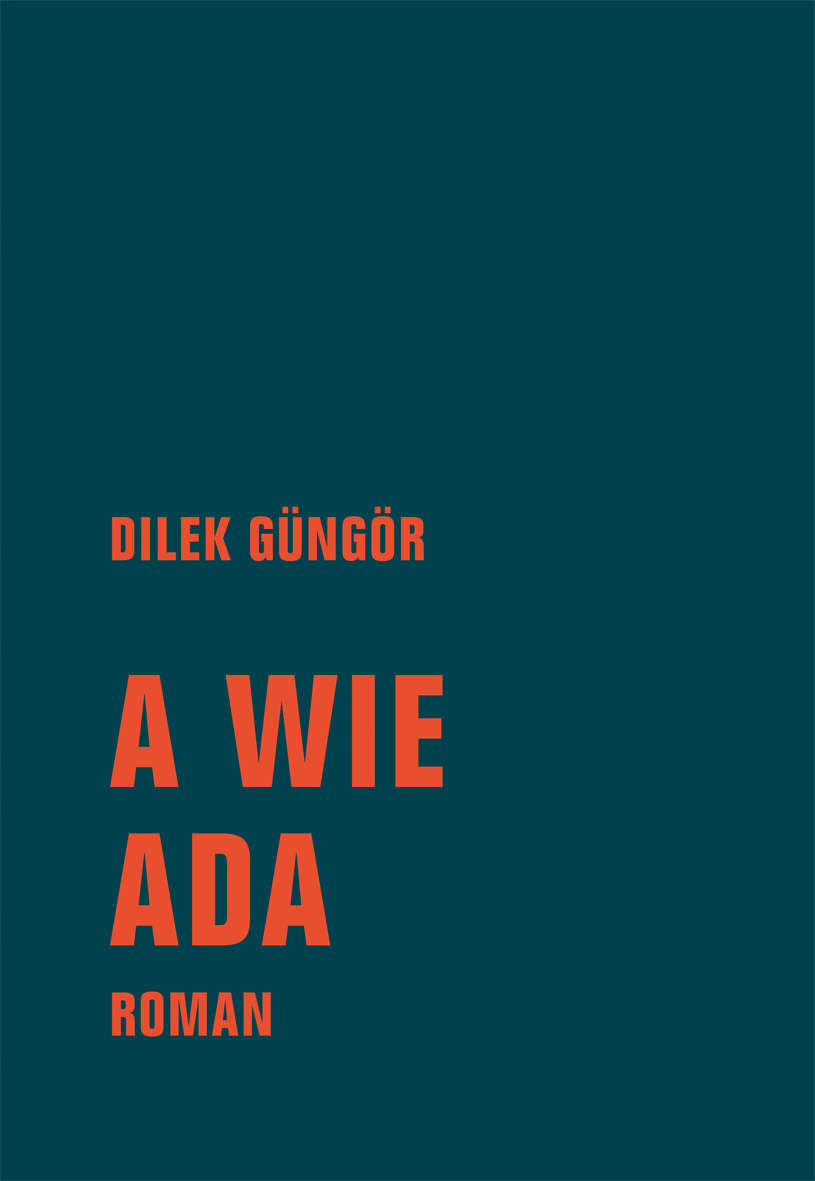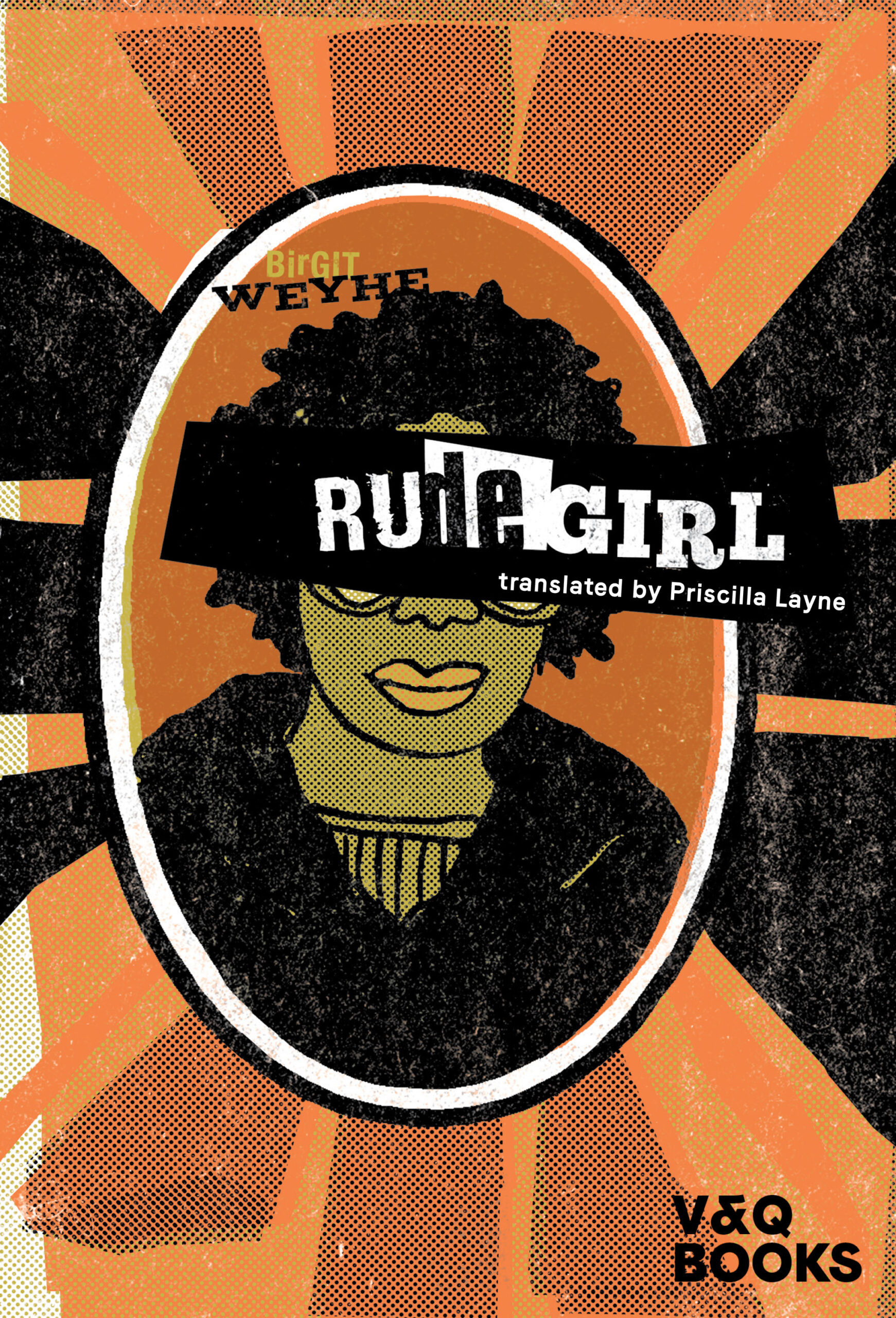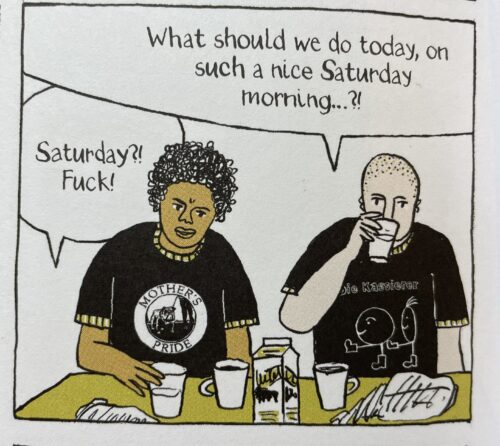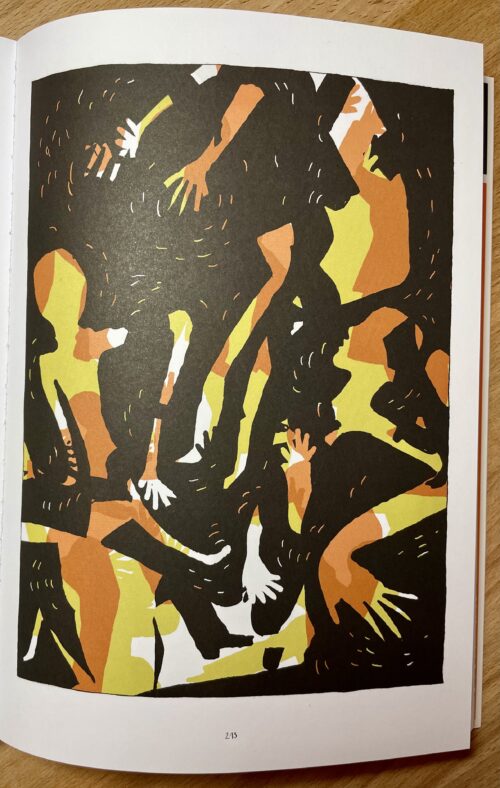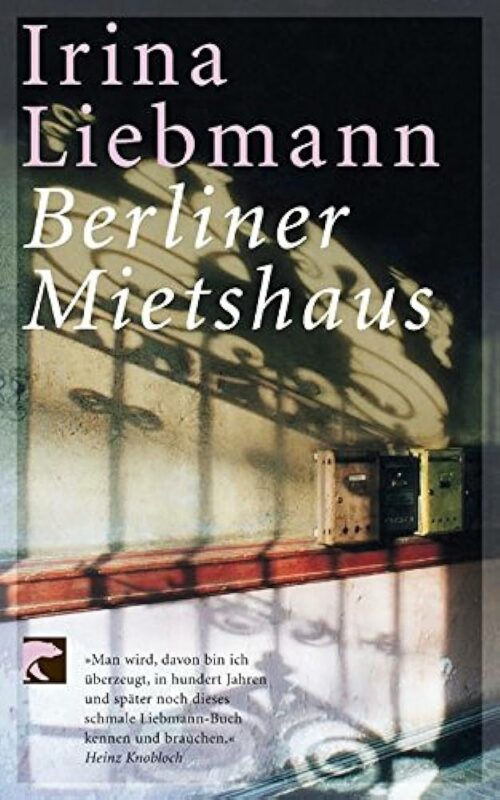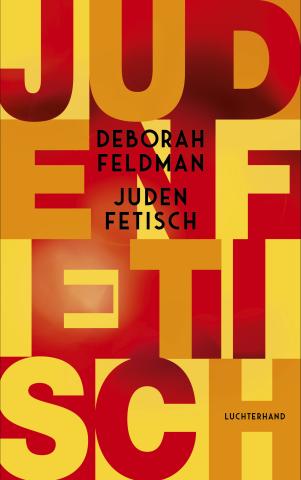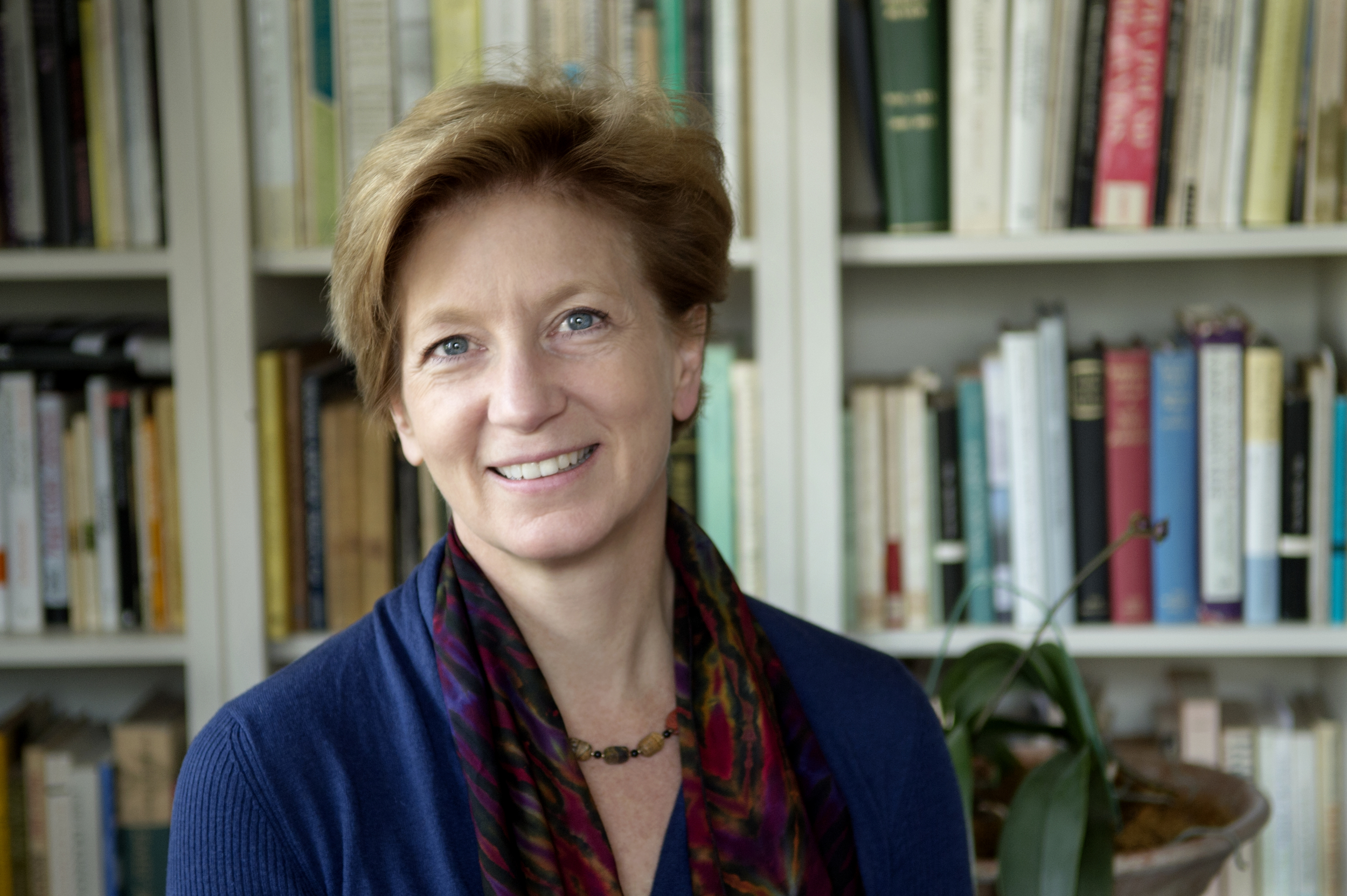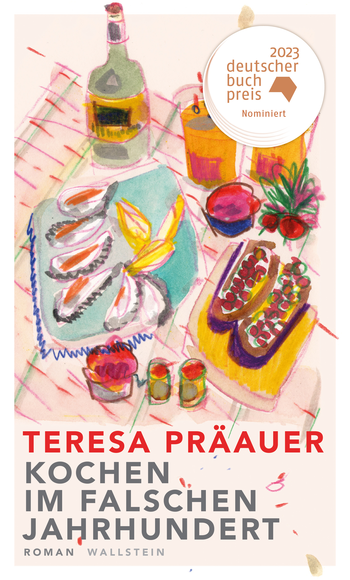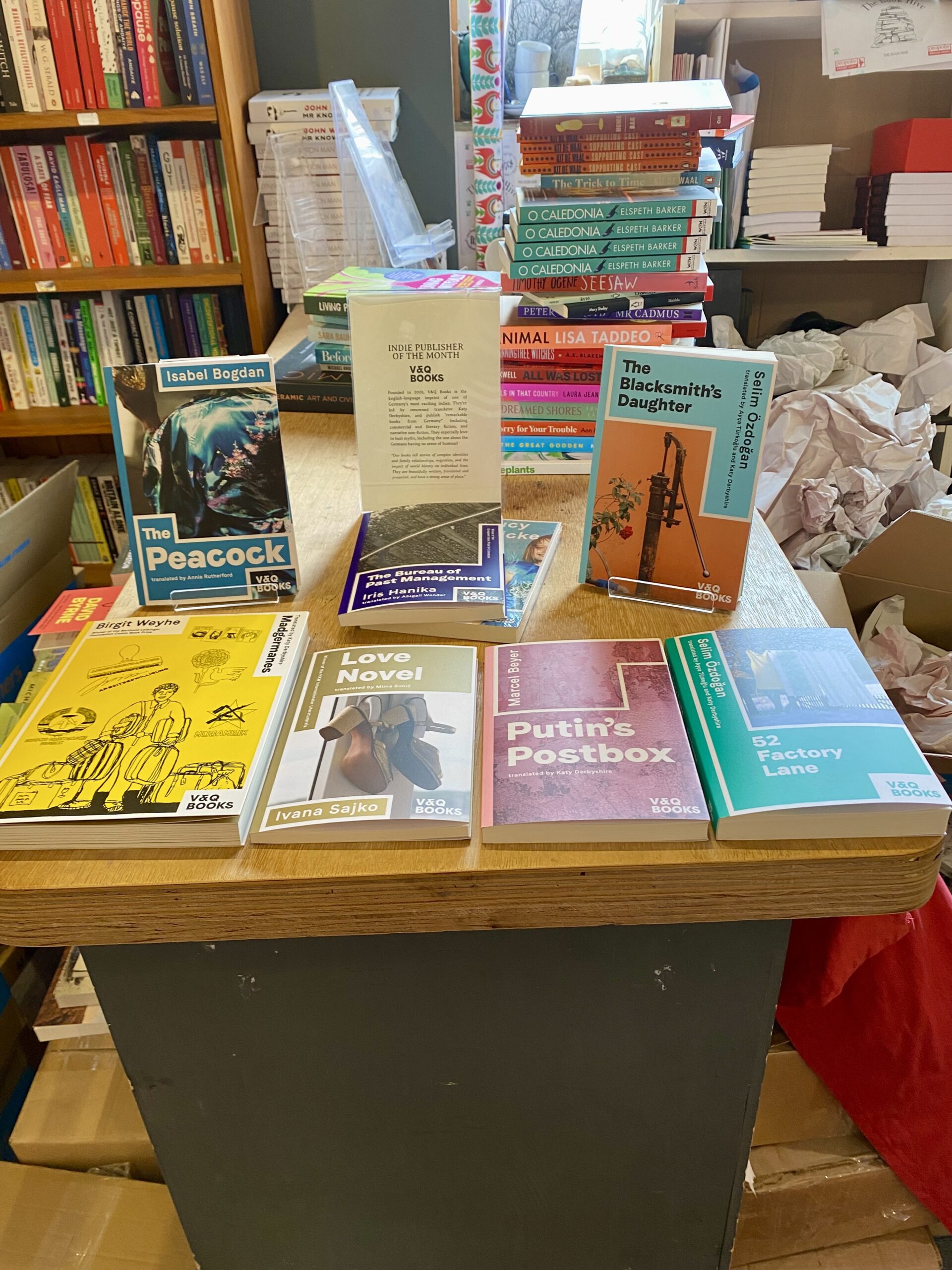
The German-language literary magazine landscape is beset by similar challenges as the Anglophone one: funding is hard to find, energy is finite, so projects tend to peter out after a while. I took a trawl through the German-language litmags listed at Literaturport and noticed that a good few of them have folded since Covid, sadly. Most of the longstanding journals here have an affiliation to either a creative writing school – like Edit from Leipzig and BELLA Triste from Hildesheim, both great places for discovering new writers – or larger publishing houses. Some of them go back decades, and many don’t see the need to change things that worked fine in 1968, thank you. Which means not only keeping that old-school design, but also publishing only in print.
A couple of exceptions do offer a tiny bit of online content, perfect for translators looking for short material, for instance. Glitter is the only queer German literary magazine, and offers sneak peaks online, as does Swiss mag Das Narr, doing interesting things with narrative. Two magazines focus on essays and reportage and also offer digital subscriptions for readers further afield: check out Merkur for classic stuff and Reportagen, which does what it says on the tin and has easily the most glamorous website. Speaking of glam, Das Wetter is the glossiest of lit-related mags, chock-full of young writers, visuals and music.
But there are two newcomers shaking things up a little. The first is a twist on the traditional model, Delfi – print-only, but gorgeously done and edited by a hip young team. They pack the power of the large Berlin publisher Ullstein, which means they attract interesting writers in German (Olivia Wenzel, Deniz Utlu, Evan Tepest, Senthuran Varatharajah…), combined with international contributors like Eileen Myles and Ocean Vuong. I semi-sneaked into their semi-private launch party but they were very sweet and cool about it. Definitely one to watch when issue two comes out on 29 February, and it’s easily available via booksellers.

Kicking up dust right now is the newly launched Berlin Review. I’m not the only one excited about it – their mix of essays, LRB-style-only-younger reviews and what they call “memos” is getting all the cool kids hot under the collar. What I’m most impressed by is their international ambition, with pieces in German and in English. That means they’re somewhat of an exception to the widespread “don’t mention the war” attitude towards Israel and Palestine in Germany right now. Their first issue features a text by Adania Shibli on the fallout of her disinvitation from the Frankfurt Book Fair and an essay on the history of Palestinian migration to Germany by Joseph Ben Prestel, French anthropologist Didier Fassin on “The Inequality of Palestinian Lives” and Israeli philosopher Elad Lapidot on the work of David Grossmann and the Middle Eastern peace process. They’ve been doing some great events pre- and post-launch here in Berlin – and you can get a digital subscription and read some of the work for free.
It feels like a good time in some ways, it feels like things are picking up again after Covid, and people are willing to take new risks on writing. Long may they continue!
